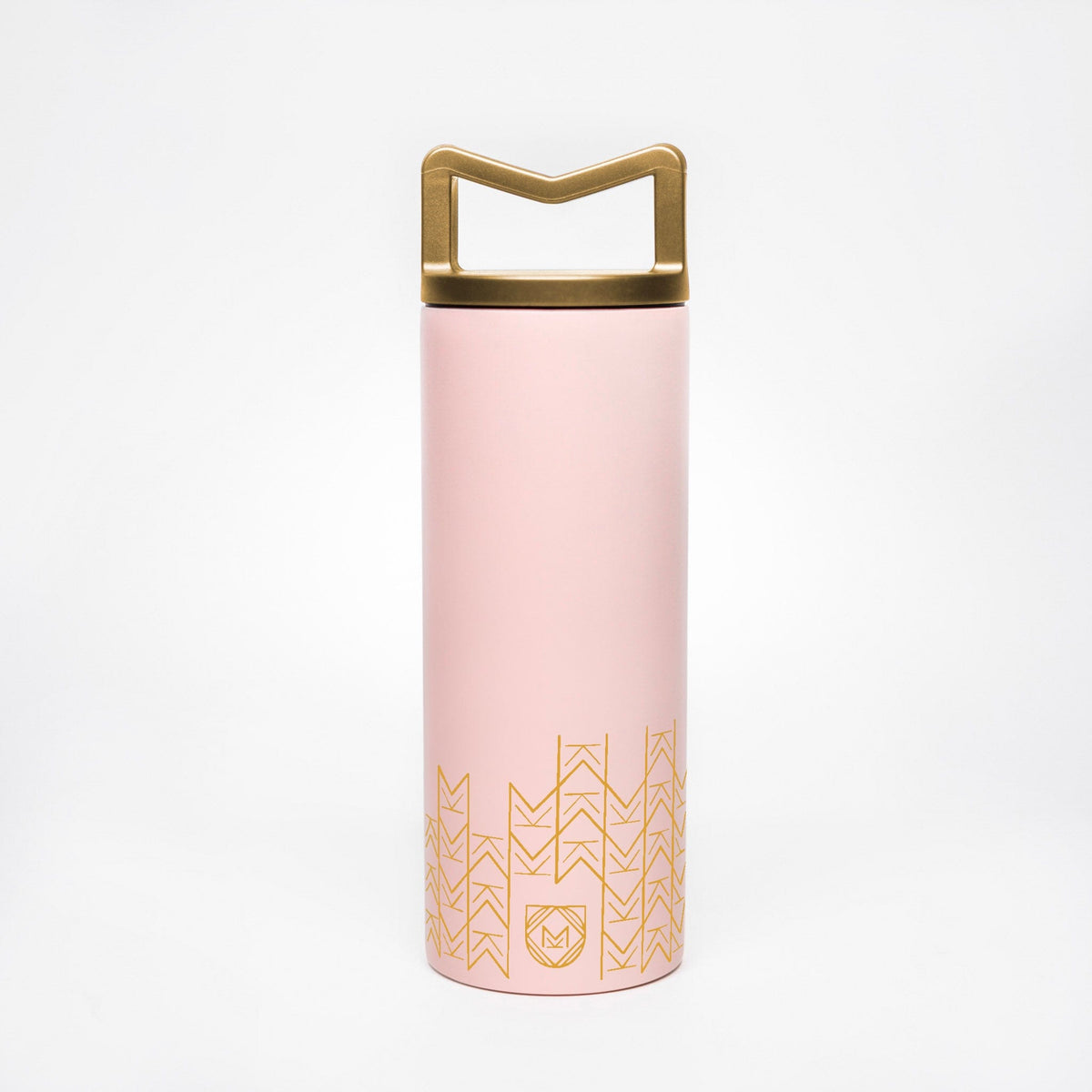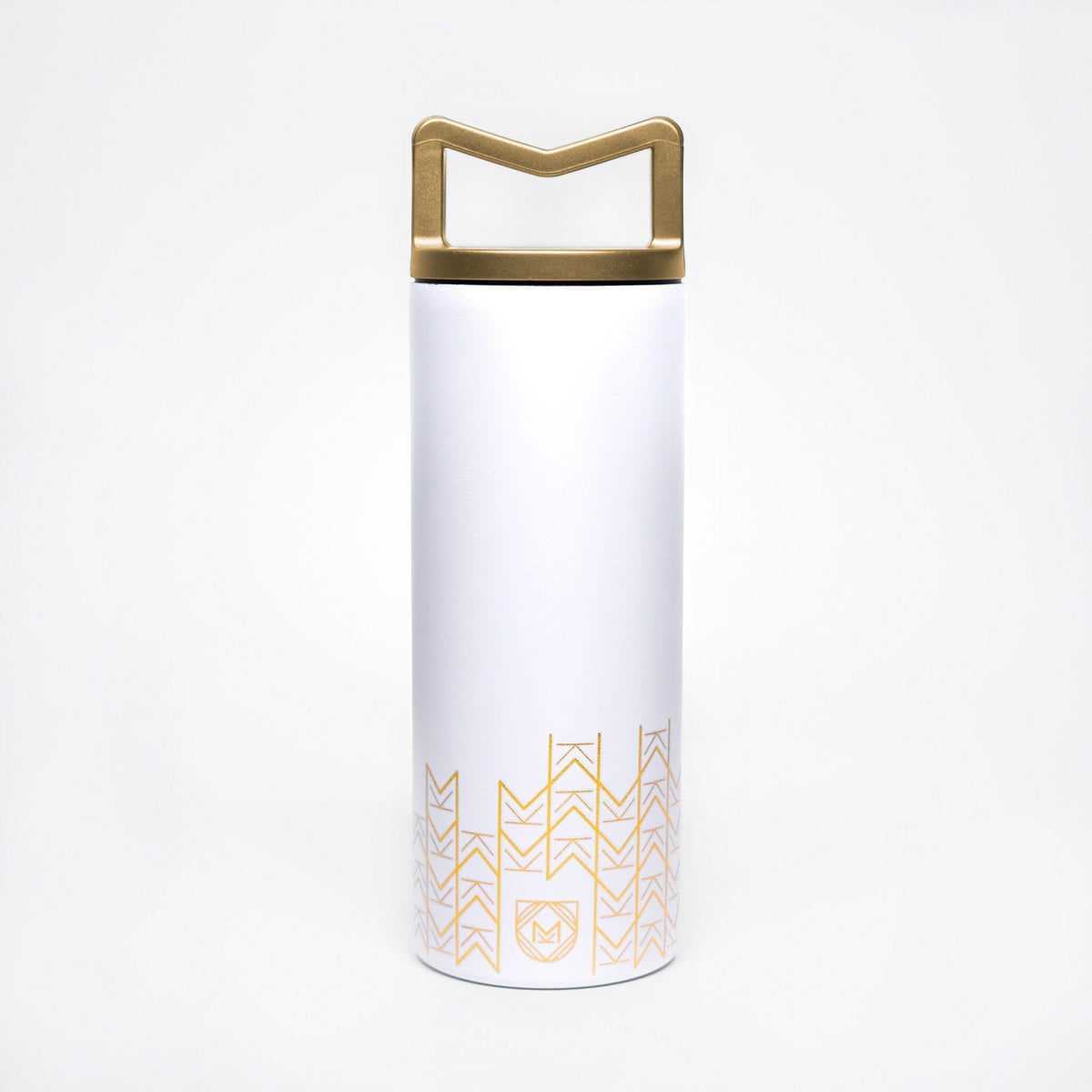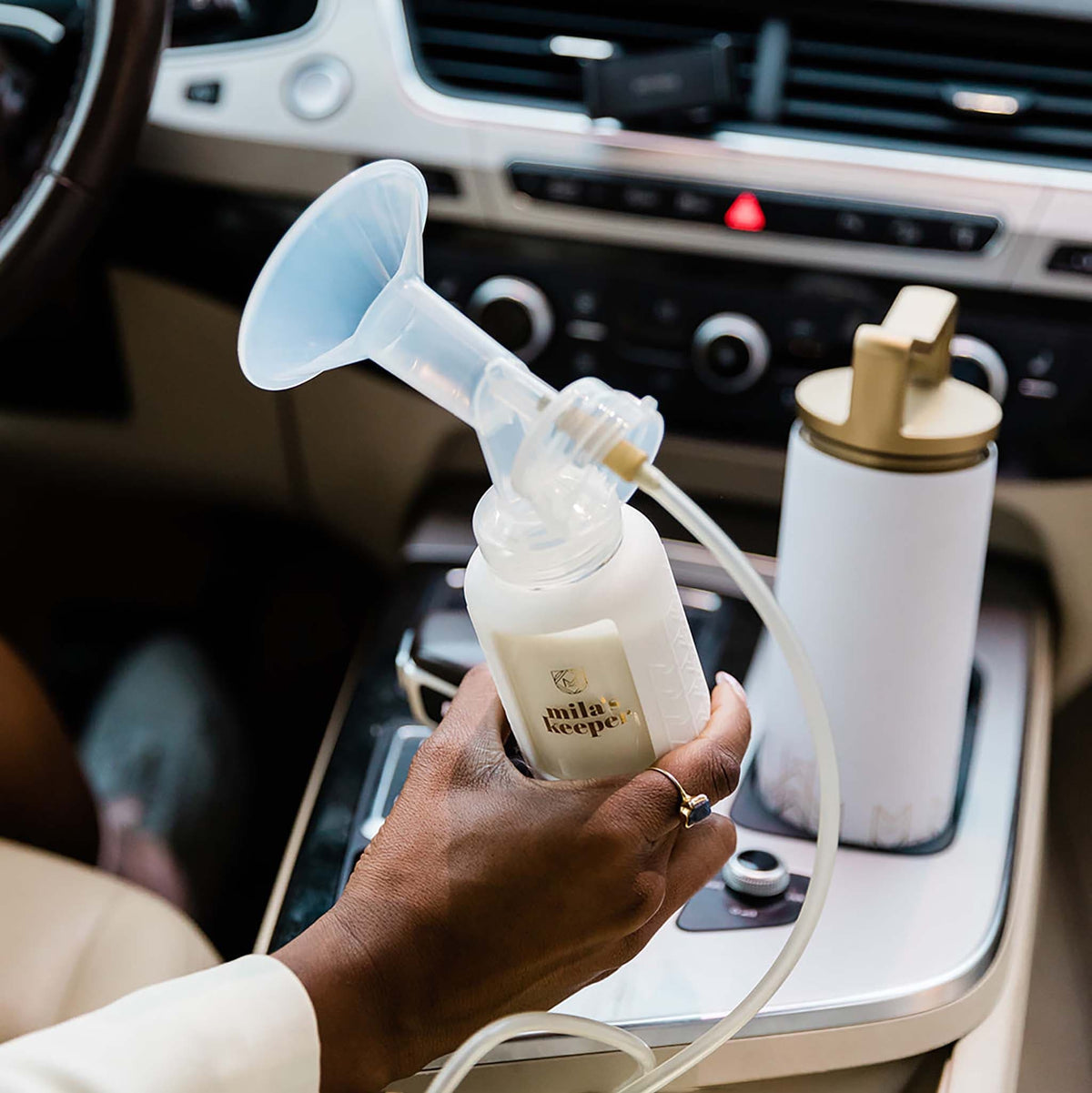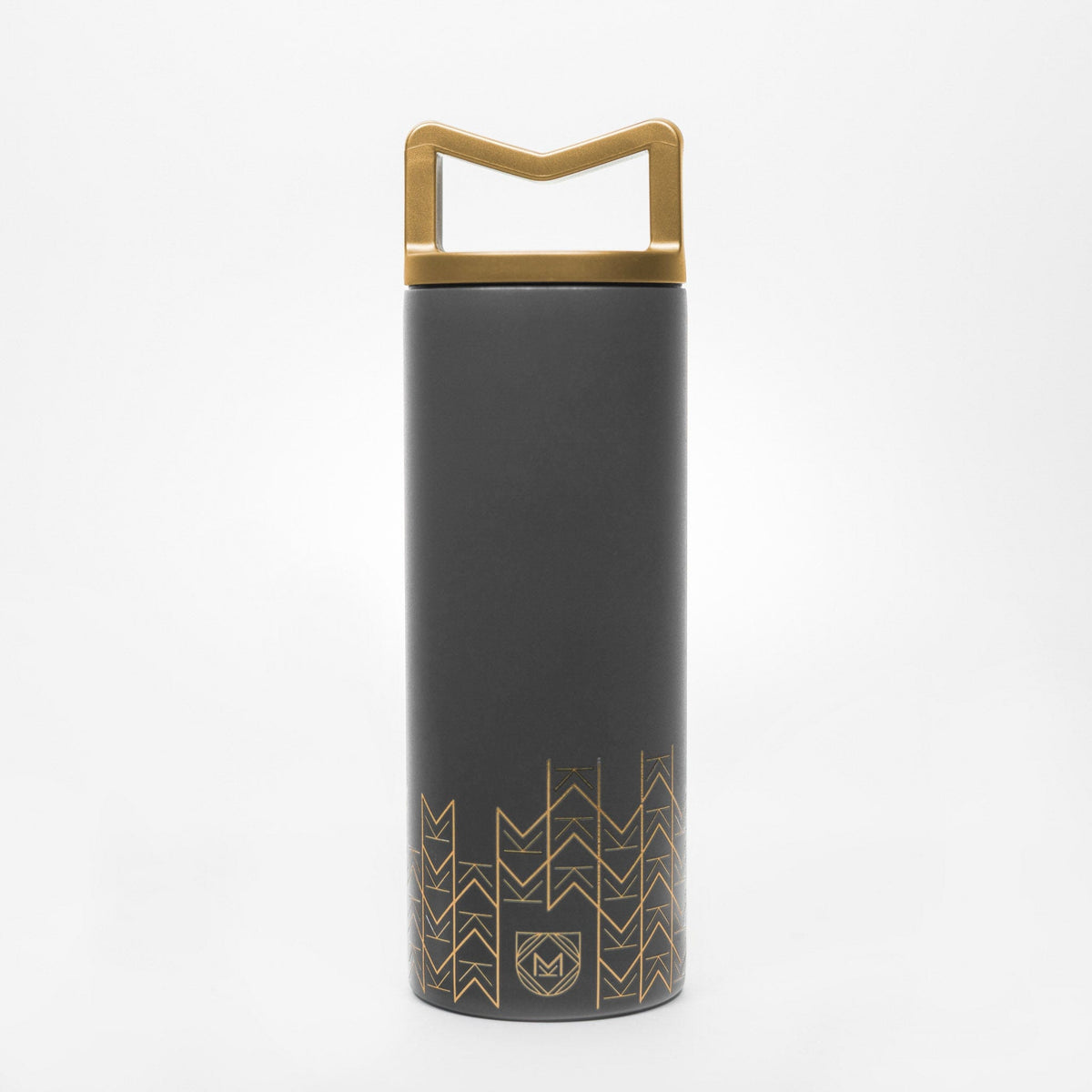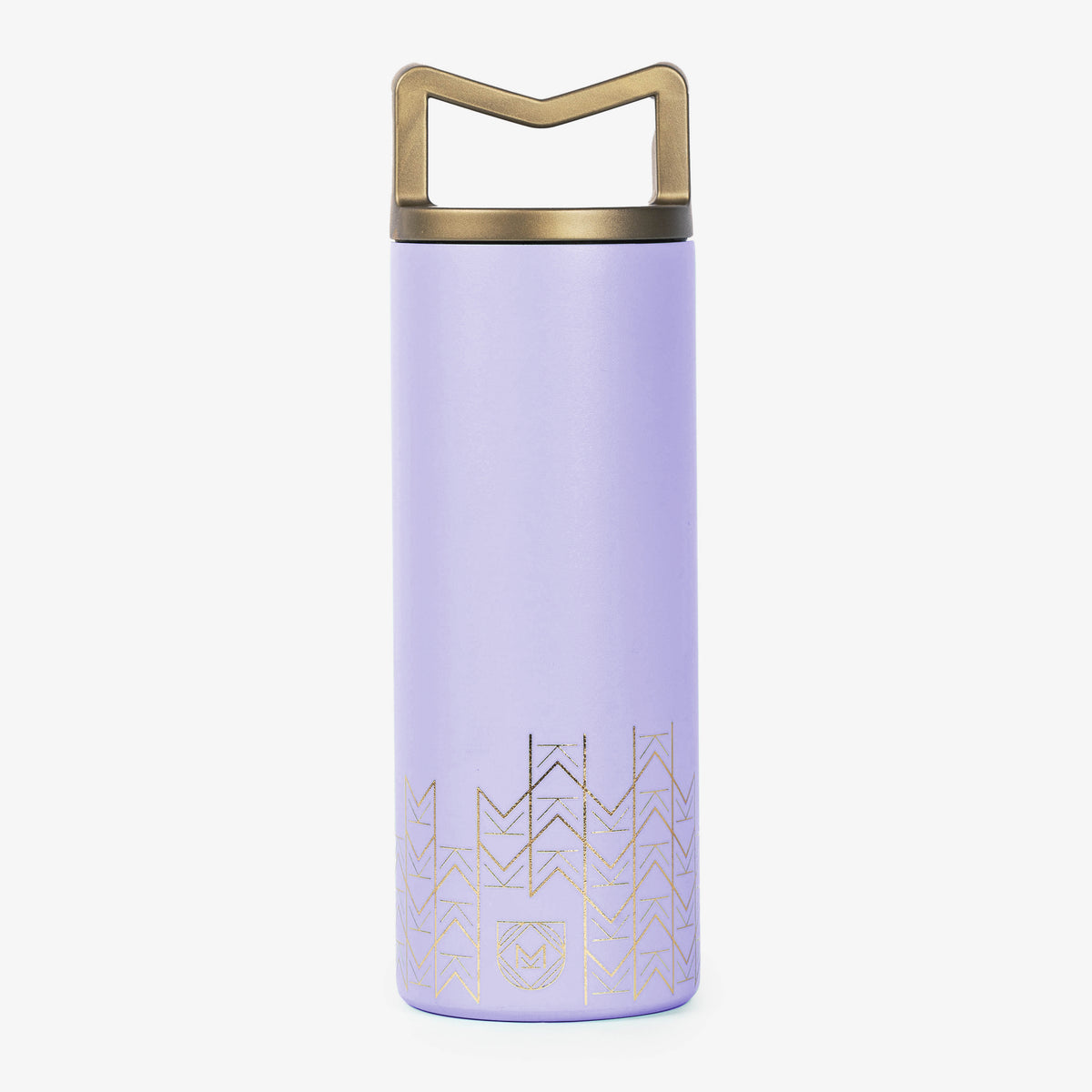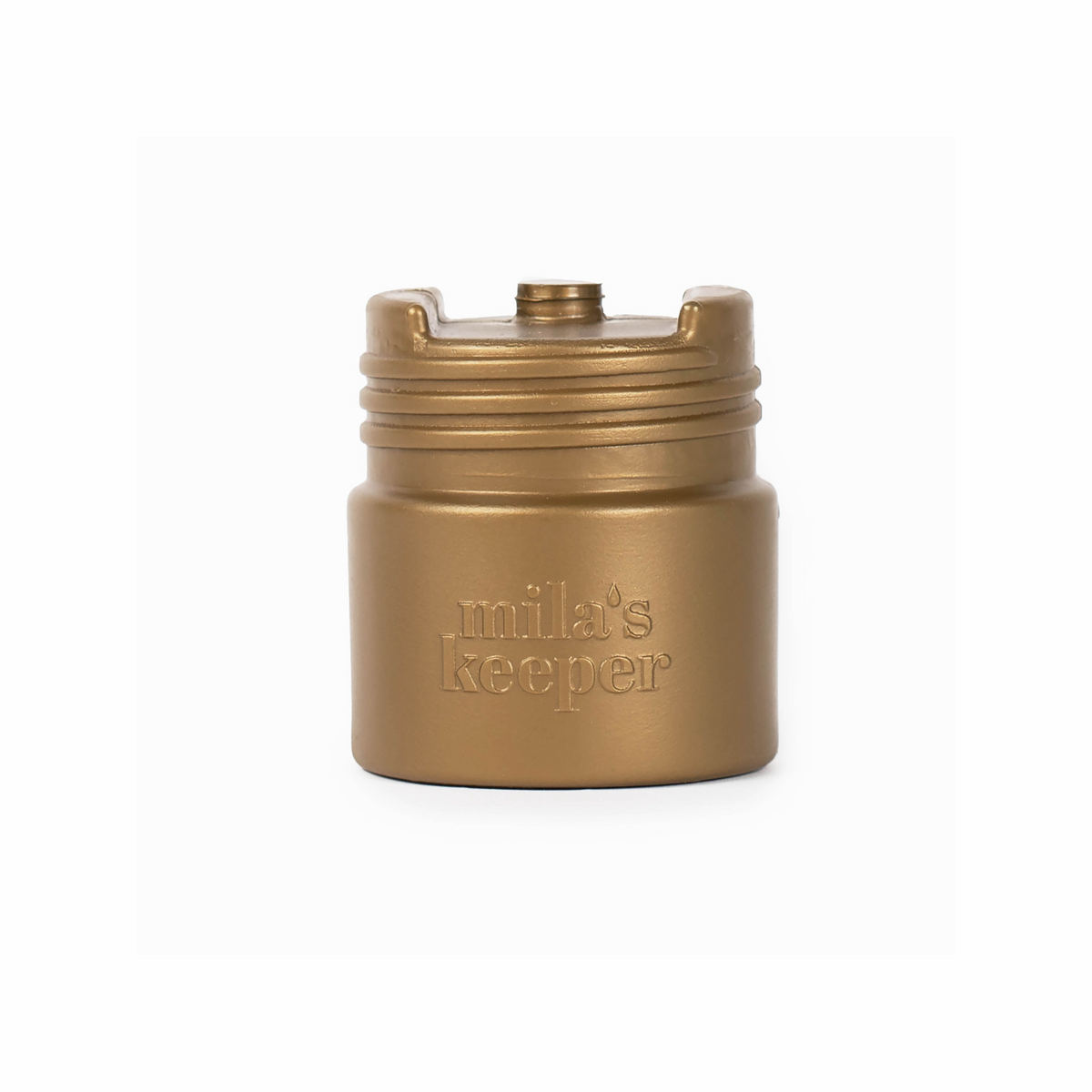A big misconception among new mothers is that because breastfeeding is natural, it, therefore, comes naturally. For many women, the “natural” act of breastfeeding is challenging from the start and full of hurdles to jump over along the way.
While the act of breastfeeding is instinctual, it isn’t always easy. For many mamas, it requires practice and guidance from experts to get through the hard times. Women who don’t receive the guidance and support that they need often end their breastfeeding journey earlier than they would like.
According to the CDC, sixty percent of mothers don't breastfeed for as long as they intend to. Some of the factors that influence how long women breastfeed include issues with lactation and latching, cultural norms and lack of family support, and unsupportive hospital practices and policies.
While studies show that mothers who have support while breastfeeding are more likely to breastfeed for longer periods and have better outcomes for both themselves and their babies.
There are plenty of stories out there about mamas struggling to breastfeed with their first child after not having the support they needed, only to go on to successfully breastfeed their subsequent child(ren) after seeking out better support.
So what kind of support is helpful for breastfeeding mamas, and how can we make sure that they’re getting the support they need?
The kind of support a breastfeeding mom needs will depend on her circumstances and what she’s struggling with. For some women, all it will take is a general breastfeeding class that goes over the basics. For other women, they will need individual ongoing support, tailored to their needs.
Let’s talk about 5 places to find breastfeeding support, so that all breastfeeding mamas out there can get the help they need.

Family and Friends
Having a support network throughout life can provide you with emotional support, practical help, and professional guidance when you need it most. Whether we’re dealing with personal struggles, health challenges, or professional obstacles, having a group of people we can count on can make all the difference in our ability to overcome adversity and achieve our goals.
New moms at the beginning of their breastfeeding journey will likely look for support from their already established network and those closest to them, their family and friends.
While you may not have breastfeeding experts in your inner circle, having the people you trust the most to talk to and confide in can anchor you during this sometimes challenging phase of motherhood.
Sometimes all we need is to talk to someone who has been through it before. If you have someone in your inner circle who has breastfed, they would be a good source of information and encouragement.
Even if you don’t have anybody that has personally experienced what you’re going through, they can offer emotional support during this time, and that’s invaluable.
If you’re feeling overwhelmed, hopefully, you have some family or friends that can step in and help take some things off your plate. Let people know how they can be of help to you at this time. Maybe it’s helping out with older kids, helping with household chores, or providing some meals. There are numerous ways, big and small, for family and friends to support breastfeeding mamas.
Enlist a family member or friend to go on walks with- sometimes just getting out in the fresh air will be a huge help. Or plan trips to the local library for storytime. When you’re first getting out of the house while breastfeeding a little one, it can be a little less daunting if you have someone else with you who can help out when needed.
If your goal is to breastfeed your baby, having the support of your family and partner is important. Studies show that mothers who received breastfeeding support from their partners were more likely to breastfeed exclusively and for longer periods compared to mothers who didn’t receive this support.
If you have family that’s not on board, you may need to work at it a little to get them there. A big reason some people aren’t supportive of breastfeeding is that they don’t fully understand the process of it. One way to get your family to support you is to educate them on the amazing benefits of breastfeeding for both baby and mama.
Hopefully, your family will want what’s best for you and your baby, and with a little knowledge of the topic, they’ll offer you the support you need to successfully breastfeed. If they still aren’t actively supporting you, it’s time to expand your network and surround yourself with people that will motivate you and guide you to reaching your breastfeeding goals.

Online Support
Another great way to find some support, from the comfort of your own home nonetheless, is to look online. There are so many online resources available for breastfeeding support, from forums to social media groups.
Since the pandemic, the resources available online have grown greatly. You can easily find help from experts or other mamas, and it can be just as effective as face-to-face support. These online forums can be a great way to connect with other breastfeeding mothers and get advice and support from a community of people who have had similar experiences.
La Leche League is a great source that has many different support groups tailored to specific needs, and they also hold online support group meetings.
While you should feel comfortable seeking help from professionals without fear of judgment, we understand that some questions can be hard to ask in person. If there’s something you want to discuss with anonymity, online groups can be a safe space where you can ask questions and share experiences without judgment or criticism (or at least without seeing it on someone’s face). You’ll find plenty of supportive, non-judgmental members, which is helpful for any mamas who might feel anxious or self-conscious about certain topics.
Another great thing about online support groups or social media groups is that members can easily share links to helpful websites, books, and videos that provide additional information and support, making it easier to hunt down answers at your leisure.
Through these online groups, you can also find information about local meetup groups or mom-and-baby group activities you and your little one can participate in.

Breastfeeding Support Groups and hotlines
Breastfeeding support groups are usually run by hospitals, community centers, or breastfeeding coalitions. These groups provide a safe and supportive environment for mothers to connect with other breastfeeding mothers and share their experiences. A lactation consultant or trained peer counselor may be present to provide guidance and support.
These groups can also be great places to learn about community resources for breastfeeding support, such as lactation consultants and breastfeeding-friendly pediatricians.
For many mamas, the first couple of months at home with a newborn can sometimes feel lonely and isolating. Having a breastfeeding support group to go to once a week or so can be uplifting and less stressful than going out to other places. It’s a safe place to breastfeed openly and talk freely with other mamas going through something similar. A local support group is a great place to connect with other mamas who have kids around the same age and maybe develop some new relationships.
These groups aren’t just for when you have a newborn and are starting on your breastfeeding journey, they can be a place that you can continue to go to as your baby ages as well and can provide guidance and assistance through all stages of your breastfeeding journey. They’re also a great resource for when you’re ready to stop breastfeeding.
Stopping breastfeeding can sometimes be a little more challenging than you’d think. Sometimes your kiddo isn’t as ready as you are to stop nursing, and it can be an emotional experience and you may need support from your group to get through it. The person running the group will have some good tips on how to start the process, and it will be a great place to continue to go for support.
Many organizations offer breastfeeding hotlines staffed by trained professionals who can answer your questions and provide support over the phone.
For example, the National Breastfeeding Helpline (1-800-994-9662) provides free, confidential breastfeeding support in English and Spanish.
There are also government-paid resources like the Women, Infant and Child (WIC). If you’re enrolled in WIC, ask your local clinic how to get breastfeeding support. Many of the clinics offer peer counseling support, with a local mother with breastfeeding experience who is trained to give information and support to new moms. If you’re not enrolled in WIC, find out if you’re eligible.

Your Healthcare Provider
Your healthcare providers, such as your obstetrician or pediatrician, can also provide breastfeeding support and advice. Some hospitals also have breastfeeding clinics that can provide support and assistance.
When the American Academy of Pediatrics (AAP) issued new guidelines extending the recommended period to breastfeed to two years, they also called for pediatricians to support breastfeeding for two years or more. So ostensibly, your healthcare provider should be supporting your breastfeeding goals, but that’s not always the case. Not all obstetricians or pediatricians are as up-to-date on breastfeeding practices as we’d like to see, so you may need to advocate for yourself and your baby to get their support.
If you are struggling with an aspect of breastfeeding, you should communicate any concerns or challenges you are experiencing to your healthcare provider so they can provide you with the support and resources you need. If your healthcare provider feels like you may need support beyond the scope of their expertise, they can refer you to a lactation consultant or other breastfeeding support resources if necessary.

Lactation Consultants
Lactation consultants are professionals who are specially trained in helping mamas with breastfeeding. They can help you understand the basics of breastfeeding, such as proper positioning and latch techniques, and can provide you with information on breastfeeding benefits and potential challenges.
Lactation consultants are great resources to use even before you give birth. They can help you prepare for breastfeeding by developing a personalized breastfeeding plan that takes into account your specific needs and circumstances. Having a well-thought-out breastfeeding plan will help to ensure that you and your baby are getting the most out of this bonding experience.
If you plan to pump, they can advise you on the best storage containers for breast milk, the different types of pumps, the process of getting a pump and accessories through your insurance, or even how to use a pump you already have.
Lactation consultants are great for troubleshooting any problems that come up while breastfeeding. They can help breastfeeding mamas if they’re experiencing pain, with engorged or plugged ducts, or low breast milk supply. They can help new mamas understand how to recognize and respond to their baby’s hunger cues, and how to establish and maintain a consistent breastfeeding schedule.
Where can you find them and how much do they cost?
To begin, all of the hospitals, your pediatrician, WIC, breastfeeding community centers and support groups will have referrals to local lactation consultants. You can also easily access through private communities including the Lactation Network, a nationwide coalition of lactation consultants that can provide both in person or virtual consultations. They also work with insurance providers to help you get access to free breast pumps, which also means they are a great resource to let you know how you can get their services paid through insurance. The Affordable Care Act requires that insurance companies not only cover the breast pumps, but also at least one consultation with an IBCLC, a fully licensed lactation consultant. If insurance does not cover for any reason, private home consultations can range from $200-400 USD.
Other nationwide directories include the International Lactation Consultant Association and the Breastfeeding USA resource which is split up regionally so that you can find someone locally for home visits if you would like.
Final thoughts
A lot of mamas will need help meeting their breastfeeding goals. We must be open about the challenges faced while breastfeeding, for women to know that they’re not alone and that it’s okay and perfectly normal to need help.
If you're one of the women that didn’t get the support you needed while breastfeeding, don’t beat yourself up about it. Know that you did your best with what you had at the time, and be gracious with yourself.
At Mila’s Keeper, we aim to help all breastfeeding mamas in finding the support that they need, because the support a woman receives while breastfeeding will largely determine how successful she is at it.
Keep Reading related blog: 13 Ways to Support Breastfeeding Moms and Parents
--
A female-designed and female-run company, Mila's Keeper is on a mission to empower women to thrive during their breastfeeding journey by offering reusable, eco-friendly breast milk storage solutions for their day-to-day needs. Get the latest tips and info on Mila's Keeper products by following us on Facebook, Twitter, Instagram, Pinterest, and LinkedIn.









